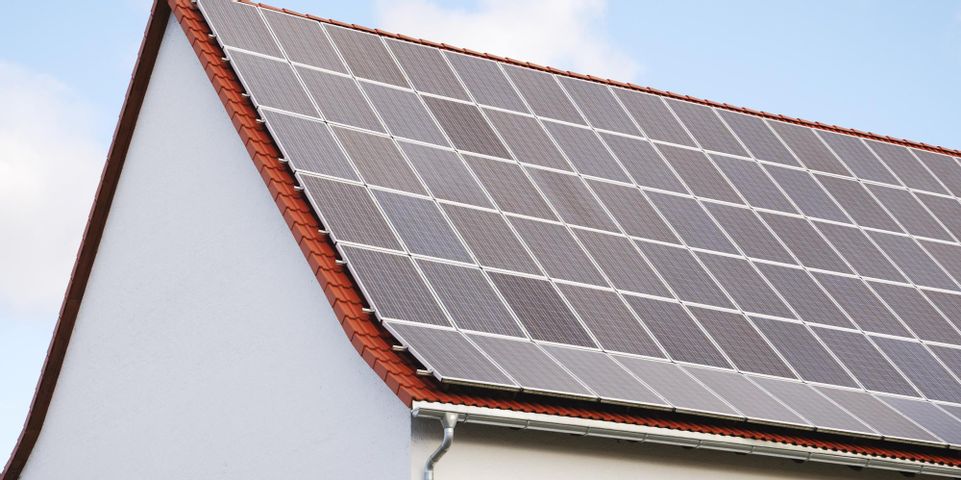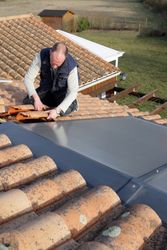
Solar panels are usually installed on roofs so they have optimal access to sunlight. However, this sometimes causes homeowners to worry about how the panels might impact the condition of their roofs. Luckily, panels can be installed and removed without damage, and they even provide extra protection in some instances. Here’s a guide for those who are considering these systems.
How Solar Panels Are Installed Safely
Installers use large bolts to secure the racks that hold solar panels in place. Once these holes are drilled in the roof, flashing is added around each hole to prevent water from getting in. This is the same material that is often used around other roof fixtures like chimneys and pipes.
Additionally, the weight of solar panels is not enough to strain a quality roof. If you work with a licensed and experienced installer, your roof should look and function normally once the panels are added.
 How Panels Protect Roofs
How Panels Protect Roofs
Since panels physically cover all or part of the roof, they can help the material last longer than it might otherwise. Traditional roofing materials like asphalt shingles wear down over time as they’re exposed to UV rays, wind, and precipitation. Solar panels prevent some of those elements from getting through, and they’re durable enough to hold up to extreme weather themselves.
How Panels Can Be Removed Safely
If a part of your roof needs to be repaired or replaced, solar panels can be removed without damaging the structure. Work with a qualified solar installer or repair company to carefully take the panels off the racks and give roofers the access they need. They can then re-install the panels without creating extra holes or damaging your newly repaired roof.
If you’re looking for a company to install or repair solar panels on your roof, contact Solar Help Hawaii. Whether you’re looking for a full solar power system or smaller items like solar attic fans or water pumps, the Honolulu-based team serves customers throughout Oahu. To see a full selection of services, visit the website, or call (808) 548-4357 to request a free consultation.
About the Business
Have a question? Ask the experts!
Send your question

